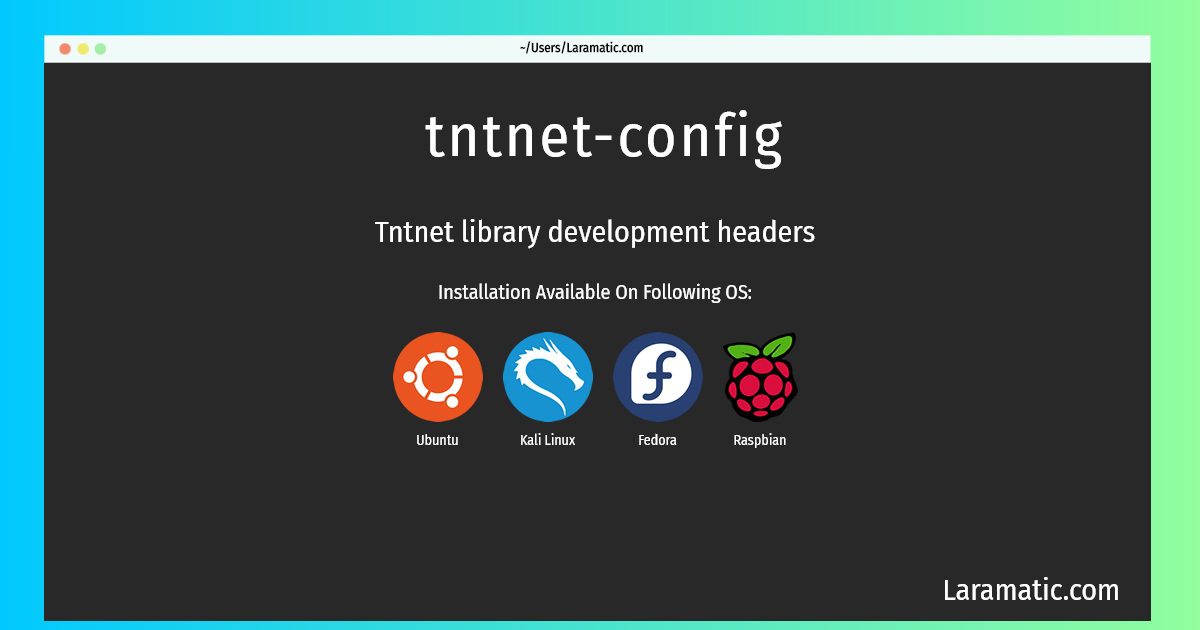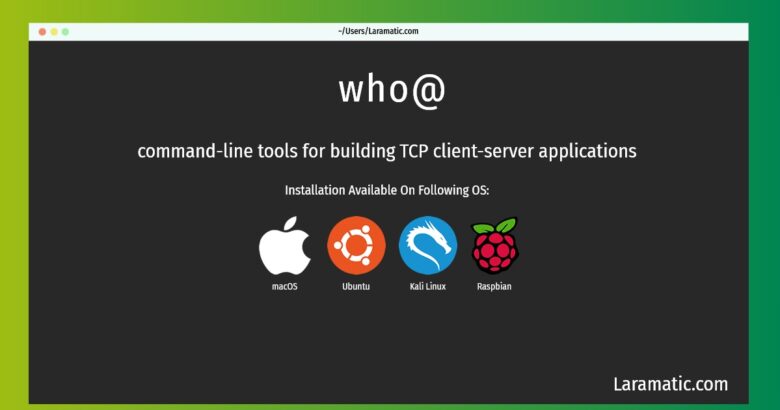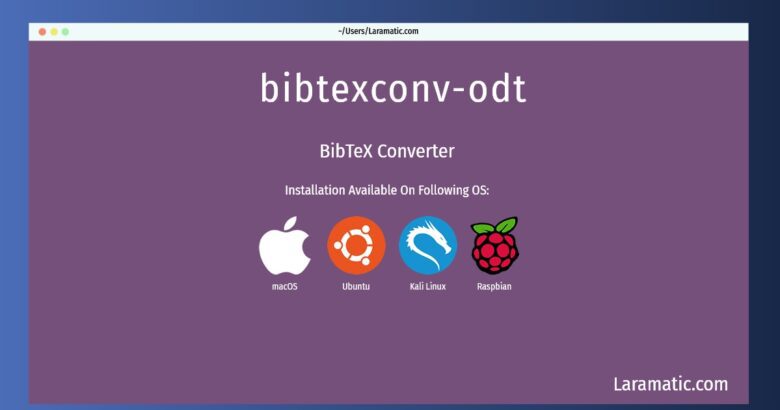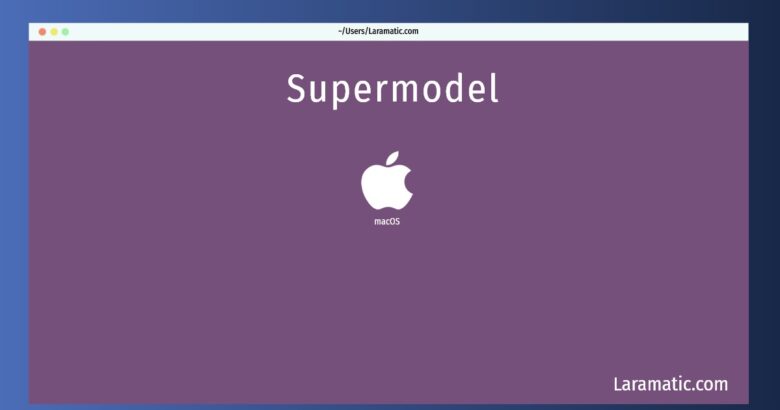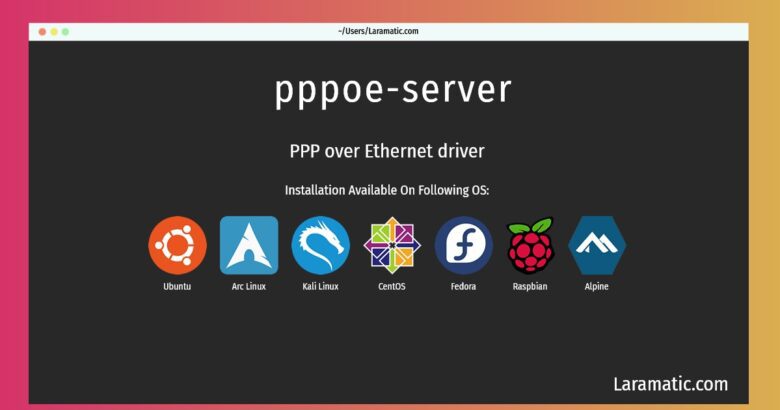How To Install Tntnet-config?
Install tntnet-config
-
Debian
apt-get install libtntnet-devClick to copy -
Ubuntu
apt-get install libtntnet-devClick to copy -
Kali Linux
apt-get install libtntnet-devClick to copy -
Fedora
dnf install tntnet-devel-1Click to copy -
Raspbian
apt-get install libtntnet-devClick to copy
libtntnet-dev
Tntnet library development headersTntnet has a template-language called ecpp similar to PHP, JSP or Mason, where you can embed c++ code inside a HTML page to generate active content. The ecpp files are precompiled to C++ classes called components and compiled and linked into a shared library. This process is done at compiletime. The web server Tntnet needs only the compiled component library. Because the web applications are compiled into native code, they are very fast and compact. Components can call other components. So you can create building blocks of HTML parts and call them in other pages like subprocesses. Requests are parsed by tntnet and the request information is easily accessible to the components. It supports GET and POST parameters and MIME multipart requests for file upload. The template language has also support for internationalized applications. You can easily create web applications for different languages. Other features are: cookies, HTTP upload, automatic request parameter parsing and conversion, automatic session management, scoped variables (application, request and session), internationalisation and keep-alive. Logging is done through cxxtools, which provides a unique API for log4cpp, log4cxx or simple logging to files or console. Tntnet is fully multithreaded and much work has been gone into making it scalable. It uses a dynamic pool of worker threads, which answer requests from HTTP clients.

